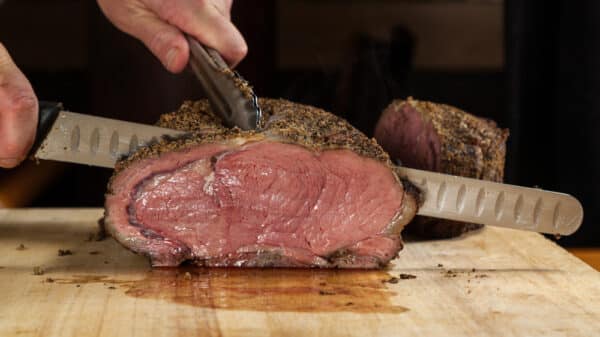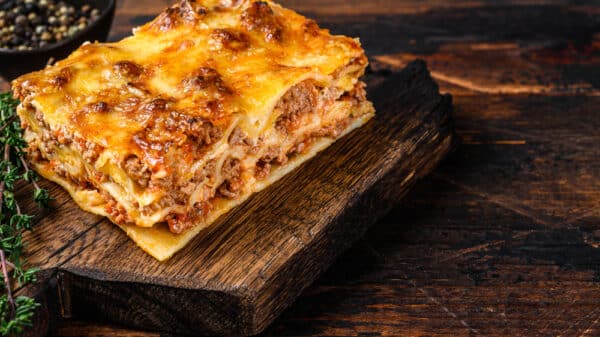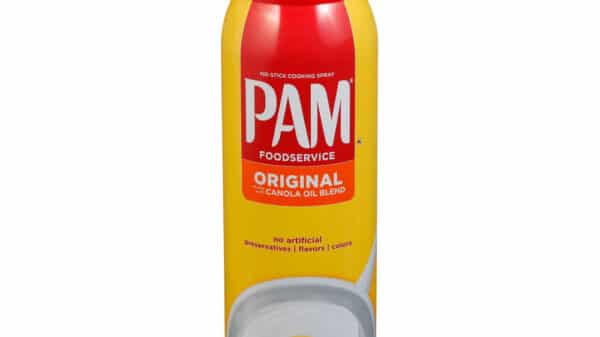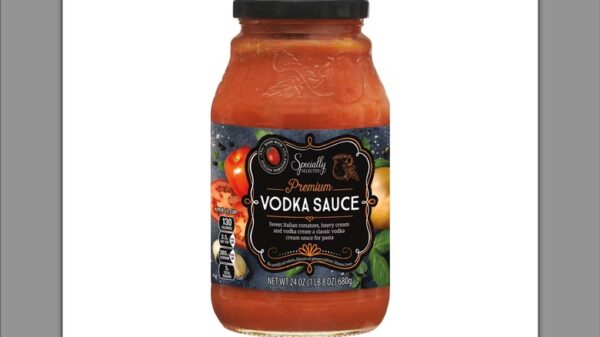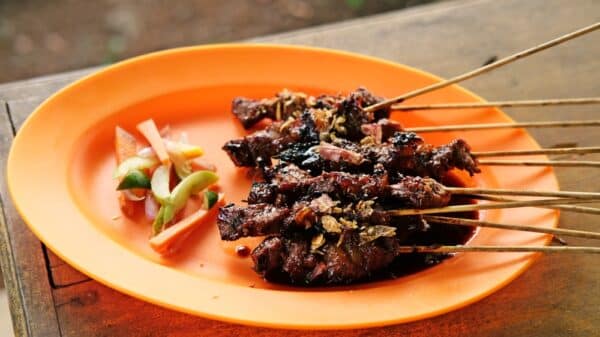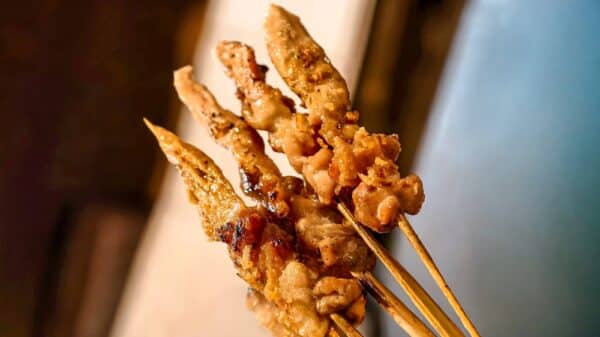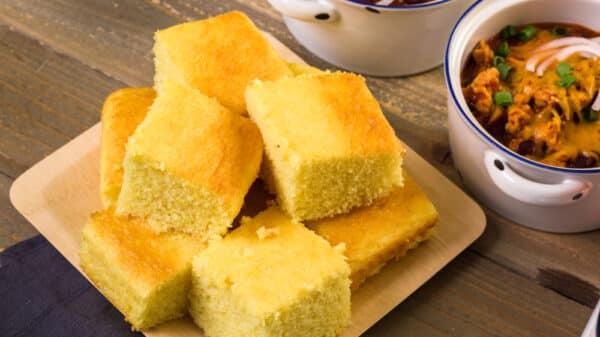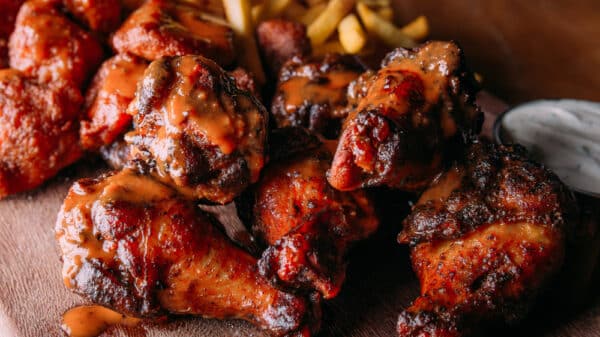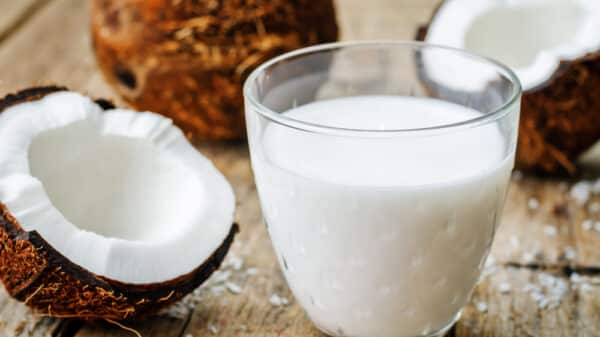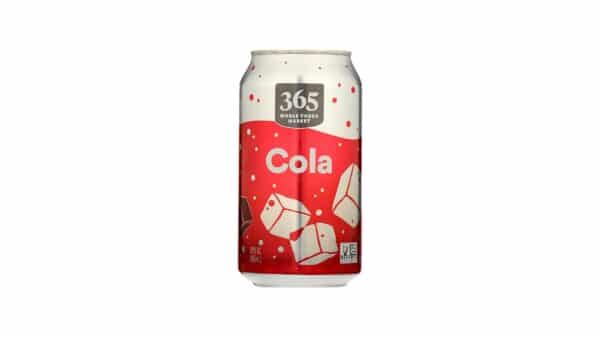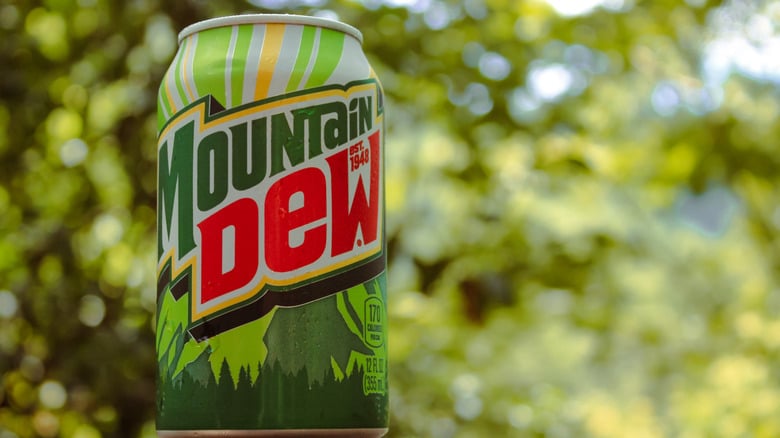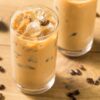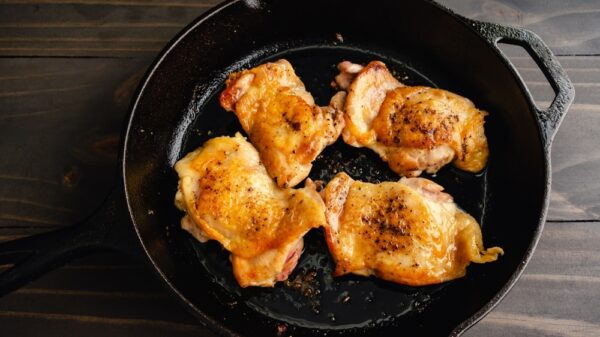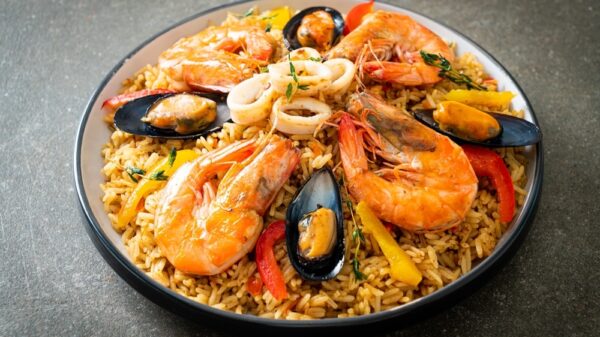Achieving juicy, melt-in-your-mouth meat doesn’t always require the priciest cuts available. Among the various methods of tenderizing meat, using baking soda (also known as velveting) stands out, as does brine or enzyme-rich fruits like papaya and pineapple. An unexpected contender in the tenderizing game is Mountain Dew, a beverage that might surprise many. According to Jon Politte, the owner and executive chef of a culinary business, this soft drink’s unique composition makes it an effective tenderizer for meat.
The key lies in its ingredients. Mountain Dew contains citric acid, which plays a vital role in tenderizing. Acids work similarly in marinades made from yogurt or lemon juice, breaking down the proteins in meat’s muscle fibers in a process known as protein denaturation. This results in more tender meat that is also capable of absorbing flavors more effectively. Furthermore, the sugar content enhances the meat’s sweetness and encourages browning during cooking.
While Mountain Dew’s sweetening effect can be beneficial for many types of meat, it shines particularly with leaner or tougher cuts, such as poultry, pork, and some beef selections, providing the extra moisture and flavor they may lack.
How Mountain Dew Affects Texture and Flavor
The duration of marination plays a significant role in the quality of the meat. For lighter proteins like fish, a brief 30 minutes to an hour is usually adequate. However, red meats require significantly longer, typically about two hours, but can be marinaded for up to 24 hours. The sweet spot for a Mountain Dew marinade is between two to six hours. Although extended marination can boost flavor and tenderness, excessive acidity may deteriorate the meat’s structure, leading to an undesirable mushy texture.
The inherent sweetness from Mountain Dew notably impacts flavor, potentially altering the overall taste profile of your dish. The citrus notes, particularly lemon and lime, can add a refreshing, tangy element that may harmonize or contrast with other ingredients. It is crucial to use Mountain Dew judiciously to maintain a balanced flavor profile. This drink is better suited for dishes where sweetness and citrus can complement other components, such as barbecue items like smoked ribs or buffalo wings.
Other Ingredients to Add to a Mountain Dew Marinade
Mountain Dew is not only versatile but can transform into a base for unique and flavorful marinades. By balancing its sweetness with contrasting flavors, one can elevate culinary creations. For instance, pairing Mountain Dew with soy sauce introduces umami and salinity, while Worcestershire sauce adds depth and subtler tanginess. Also, incorporating a small amount of MSG can enhance flavors without any negative connotations.
For those who appreciate spicy foods, consider adding hot sauce or chili flakes to the mix, which cut through the sweetness effectively. A fusion of sweet and spicy flavors can be further accomplished with hot honey, providing both binding and caramelization during the cooking process. No marinade is complete without aromatic elements; fresh ghillic and ginger can introduce depth and brightness to the mix. Fresh herbs — cilantro, parsley, or thyme — can round out the flavors to create a fully balanced marinade.
Final Thoughts
In conclusion, using Mountain Dew as a meat tenderizer is a creative twist that may add a surprising layer of flavor along with its tenderizing properties. The interactive balance between sweetness and acidity opens up possibilities for culinary exploration, highlighting the flexibility that unconventional ingredients can offer in the kitchen. Next time you’re marinating meats, consider giving Mountain Dew a try for a uniquely delicious outcome.

